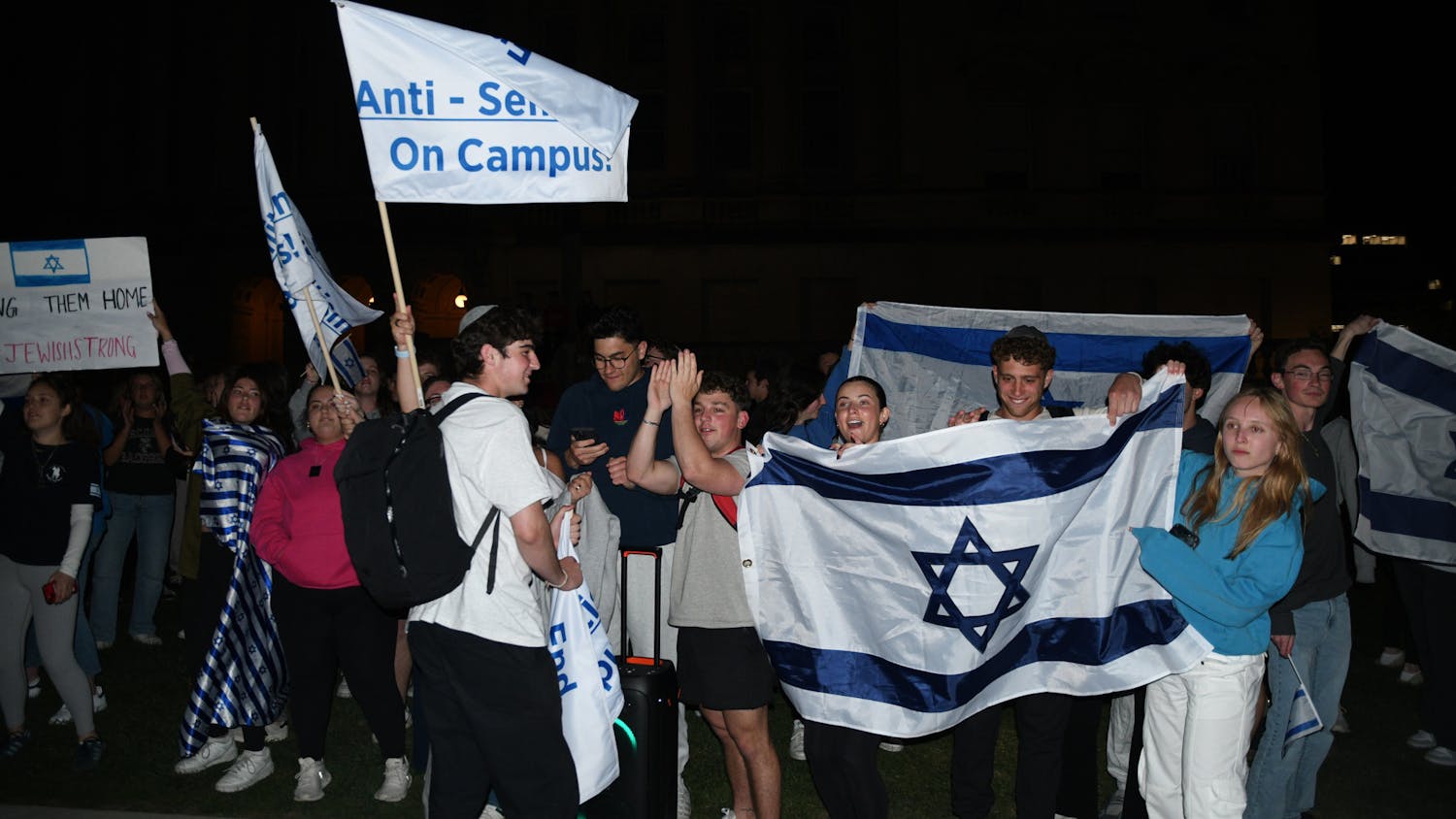With the outcome of the upheaval in Egypt still uncertain, both supporters and detractors of the Obama administration have already begun to dissect the administration's strategy. There is no doubt that supporters noted the personal intervention by the president into the crisis as the violence in Tahrir Square began to escalate. Detractors will point out the relatively slow response as well as the seemingly abrupt change in tone of the administration, pushing back a long-time ally.
Yet, another important narrative developing around the events in Egypt involves a more general issue in American foreign policy: The question of democracy versus strategic interests. Although witnessed more starkly during the Cold War, the question as to whether the U.S. should support a non-democratic ally to achieve American strategic interests is a long-running debate. Should America continue to support President Hosni Mubarak, the King Abdullah of Saudi Arabia or Meles Zenawi of Ethiopia to help achieve political or military goals? Why not push harder on these leaders to undertake democratic reform, respect human rights and tackle corruption?
Anyone who quickly answers these questions on one extreme or the other has not contemplated what a difficult question it is. Yes, American foreign policy should promote human rights and democracy as well as pursue our national interests in promoting security and stability. In a perfect world, both sets of goals can be maximized. But this world does not exist and there are real tradeoffs and uncertainties that come with the pursuit of either course. And the case of Egypt throws these tradeoffs into sharp relief.
This week, many people have discussed the dangers of promoting democratic change in Egypt. Foremost among these dangers, it is argued, is the inevitable rise of an Islamic state. This state would arise on the back of the Muslim Brotherhood who would undermine the peace treaty with Israel, which would work against American goals in the region and foment Islamic revolutions throughout the Levant. Democracy, after all, means power to the people. And the people of Egypt, according to the last Pew Global Attitudes Project, maintain a tepid 17 percent favorability rating toward the United States. Why would we expect a government elected by Egyptians to have any sympathy toward the goals of American foreign policy?
Yet, as we have been reminded by numerous commentators this week, the Muslim Brotherhood is not at the front of the Egyptian movement. They are chasing it. And divisions within the Brotherhood make their short-to-medium-term threat to ""take over"" Egyptian democracy quite low. Moreover, the Army would not standby if the Brotherhood attempts to undertake policy that threatened the Army's interests (e.g., aid from the United States). Should the Brotherhood push too hard and too fast, a Turkey-type military guardianship with occasional ""corrections"" is a likely outcome.
The move toward democracy can mean violence and war. And not during the transition itself, but during the electoral process that will inevitably follow. Real elections, after a long hiatus of no or sham elections, can lead to overheated nationalist or religious rhetoric to get votes. This rhetoric can create significant tensions within a country and can make neighbors nervous as relatively new political parties attempt to find their voices and attract voters. Israel, for example, could easily become the political football thrown between competing parties in Egyptian elections, making the situation between those two states precarious.
But if elections are held in a careful manner such dynamics can be minimized. Again, the Army is likely to keep some control of the electoral process, especially in the beginning stages. Egypt is not an ethnically heterogeneous country, which is a factor that has undermined other country's attempts at electoral democracy. Finally, international assistance from the European Union could assist the process, as it has in various central and eastern European transition countries.
What benefits can come from a wholesale adoption of a pro-democracy and human rights agenda? Most immediately, the open and sharp criticism of the Mubarak administration actually can assist the United States in a counter-terrorism goal. Al-Qaeda and other militant groups often recruit followers by highlighting the idea that oppression and frustration is caused by America's support for tyrants. Of course, reality is more complex, but the narrative often sticks.
Still, democracy is not risk-free. History is replete with those who rise by the ballot box only to close it. In a system with significant checks and balances, a healthy civil society and a strong history of representative institutions, these risks are low. Yet, other than the Army, it is not clear if Egypt possesses these characteristics.
Which brings us back to American foreign policy. The narrative that has clearly emerged in this crisis is that it is Mubarak who is on trial. The discussion in much (although not all) of Egypt, the United States and Europe has become about getting Mubarak out and opening the space for participation, but leaving the larger roots of the regime unchanged. The Obama administration has contributed to this by personalizing the Egypt crisis around Mubarak. Such a strategy allows, as much as any, to push the democracy and the interest agendas. The tyrant must go, but many of his institutions stay.
Time will tell whether such moves to remove Mubarak in favor of a gradual transition will please the protesters in the streets, bring genuine freedom to the people of Egypt, satisfy American foreign policy goals, further stability in the region or lead to a further retrenchment of authoritarian power. But the administration is still trying to find the democracy-interest balance. A mass movement among frustrated people is hard to bet against, but old habits die hard.
Professor Jon Pevehouse is a professor of political science. Please send all feedback to opinion@dailycardinal.com.






